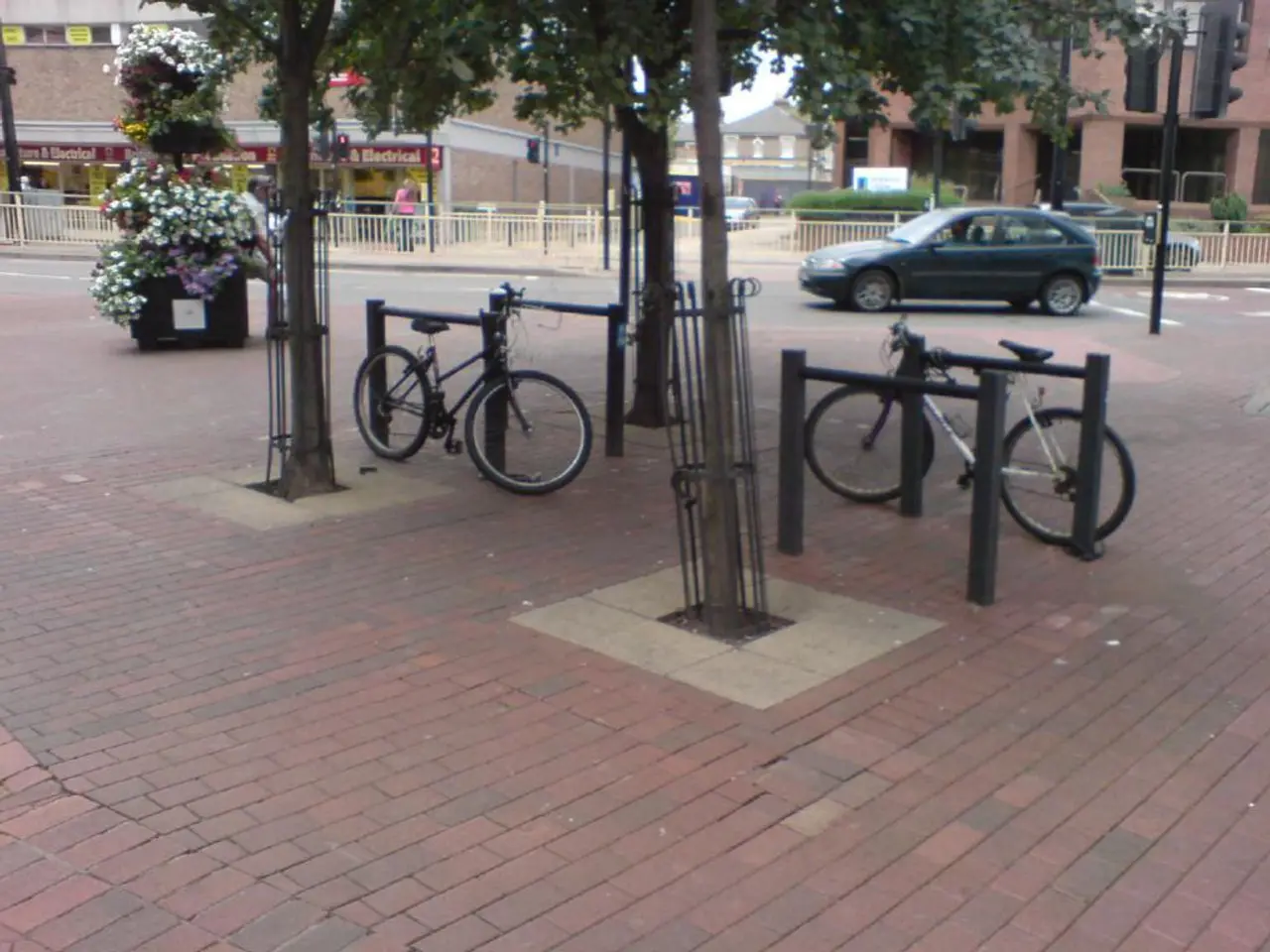Biden, Harris, and the Federal Highway Administration Introduce Low-Carbon Transportation Materials Initiative
The U.S. Department of Transportation, under the Biden-Harris Administration, has launched the Low Carbon Transportation Materials Program as part of its Investing in America agenda. This program is a significant stride in the ongoing efforts to improve air quality, decrease pollution, and tackle the climate crisis.
The Federal Highway Administration (FHWA) is implementing the program with a hybrid approach. A total of $2 billion is available through a Request for Applications (RFA), and an additional $800 million will be made available later this year through a Notice of Funding Opportunity (NOFO).
The program supports the Department of Transportation's Buy Clean Initiative, marking the first time the Federal Government, with an annual purchasing power of over $630 billion, is prioritizing the use of American-made, lower-carbon construction materials.
Eligible participants typically include state and local government agencies, infrastructure project sponsors, and private sector companies involved in innovative material development or deployment. However, specific criteria for approved participants have not been explicitly detailed in the available public information.
The program aims to lower air pollution and greenhouse gas emissions by promoting the use of low-pollution and low-carbon materials in transportation infrastructure. It also seeks to identify substantially lower carbon materials by comparing emissions to established thresholds.
The Low Carbon Transportation Materials Program is consistent with Executive Order 14057, Catalyzing Clean Energy Industries and Jobs Through Federal Sustainability. The program is also authorized in the Inflation Reduction Act and is one of three new programs at FHWA, providing over $5 billion for critical new work.
U.S. Transportation Secretary Pete Buttigieg stated that the program is an important step to decrease emissions in the transportation sector. Deputy U.S. Transportation Secretary Polly Trottenberg added that the program will promote American manufacturing and reduce carbon emissions in the transportation sector.
Federal Highway Administrator Shailen Bhatt emphasized that encouraging investment in more sustainable transportation is crucial to address climate change. The program builds on several existing FHWA programs, including the Pavement Materials Program, Sustainable Pavements Program, Every Day Counts Innovation on Environmental Product Declarations (EPDs) for Sustainable Project Delivery, the Climate Challenge on Quantifying Emissions of Sustainable Pavements, and the Carbon Reduction Program.
The RFA for states is available on FHWA's Low Carbon Transportation Materials Program Website. As part of the Biden-Harris Administration's whole-of-government Federal Buy Clean Initiative, FHWA continues to collaborate with the Environmental Protection Agency and General Services Administration to implement related low carbon programs. The program will reimburse and incentivize the use of low carbon construction materials and products in transportation, providing funds for the purchase of materials that create less pollution, such as steel, concrete, and asphalt.
In conclusion, the Low Carbon Transportation Materials Program is a significant step towards sustainable infrastructure and tackling the climate crisis. By promoting the use of low-carbon materials in transportation infrastructure, the program aims to lower air pollution, greenhouse gas emissions, and encourage investment in more sustainable transportation.
Read also:
- Nightly sweat episodes linked to GERD: Crucial insights explained
- Antitussives: List of Examples, Functions, Adverse Reactions, and Additional Details
- Asthma Diagnosis: Exploring FeNO Tests and Related Treatments
- Unfortunate Financial Disarray for a Family from California After an Expensive Emergency Room Visit with Their Burned Infant








